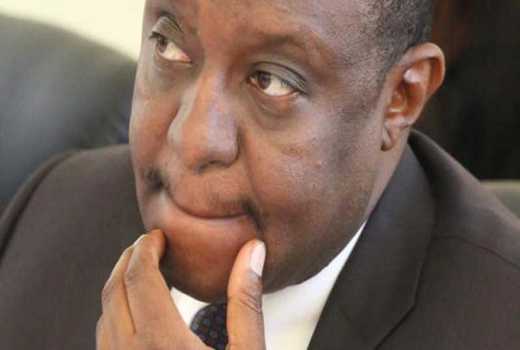×
The Standard e-Paper
Home To Bold Columnists

NAIROBI, KENYA: If taxation is theft, as an American economist once said, then ordinary Kenyans have borne the brunt of this forceful day-light robbery in Cabinet Secretary Henry Rotich’s latest budgetary statement.
The Government has unashamedly raided the pockets of the hoi polloi by severely hitting their basic commodities with punishing taxes, even as it continues to lighten the tax load for the elites in Government and leave loopholes that have helped the rich escape the taxman’s net.